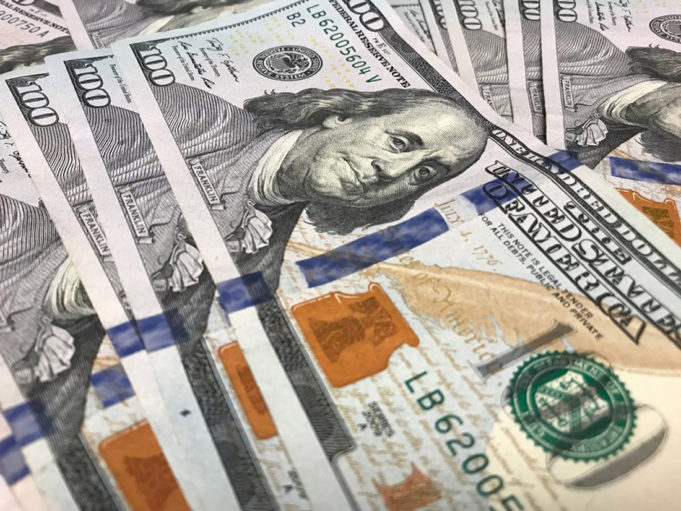In a few weeks, most American taxpayers will receive a one-time check from the federal government for $1,200, plus $500 per dependent child, as part of a relief package intended to help them weather the economic fallout of the coronavirus pandemic.
The payments are for people earning below $75,000 a year, like my wife and me, who, with our two children, are in line for a $3,400 windfall. The rebates begin to phase out after that income level before dwindling to nothing.
For the millions of workers who have lost their jobs, that extra money will hopefully be put to good use paying rent, mortgages, utility bills, and day-to-day living expenses.
But what of the millions of taxpayers like my wife and me who still have our jobs and for whom this aid is found money? How should we use our share? What is the right thing to do? What is the ethical thing to do?
There has been no shortage of news stories citing the advice of personal finance experts on how to best use the money. Most conclude the same thing: Seed a rainy-day fund, then pay off debt, and, if there’s anything left over, invest it.
That’s perhaps how to best use the money from a personal finance standpoint, but that’s not my question. I’m asking how the money should be used by someone in my circumstances. In other words, what is the purpose of the money?
Some Congressional leaders have called the $2 trillion package a “stimulus,” but that’s a misnomer. The economy, which has been shut down to slow the spread of the virus, doesn’t need a jolt to get moving again. It can’t move.
What the government is really trying to do with the payments is tide over people and businesses until it is safe for the economy to start up again. The government is essentially paying people not to work and businesses not to shut down, even if they have no customers.
My wife and I don’t need to be helped through this period financially, at least not now. Our 401ks are anemic at the moment, but we have a savings account that could sustain us for a few months. Barely, but the money is there.
For advice, I didn’t turn to another personal finance consultant. I turned to an ethicist.
Randy Curren, who heads the Philosophy Department at the University of Rochester, New York, where he specializes in ethics, explained that the money was intended to sustain economic activity on which people other than my wife and I — and the millions of others like us — depend.
He went on to say that while my household may not need the money, people at our income level are generally more likely to spend it than the wealthy, who already have more money than they know how to spend.
“In the spirit of the law’s intent, people who receive these payments should spend what they can to help those who are more vulnerable — the small businesses and nonprofit organizations of our communities,” Curren said. “Our spending is other people’s income, and from an ethical perspective, it is reasonable to consider whose income is most at risk.”
Richard Dees, a professor of philosophy and bioethics at the University of Rochester who researches public health ethics, weighed in, saying taxpayers like me should consider aiding a nonprofit agency.
“There are many agencies that are getting hit by requests for help that could use the cash, or other nonprofits, like arts organizations, that have been shuttered by the virus that could put a donation to good use right away,” Dees said.
My wife and I aren’t wealthy. In these unprecedented and uncertain times, my gut tells me to sock away our $3,400 to shore up our rainy-day fund for, well, a rainier day, which at this rate seems right around the corner.
But not spending it might be worse for everyone.
One family can’t solve the current crisis. But one family can do its part to alleviate the strain on others. What that looks like for us is dumping the money into a local business in our community.
After some thought, that business will be a landscaper.
For years, we’ve put off felling a couple of trees in our yard, one of them diseased, that are perilously close to our home. They need to come down before they topple and put a hole in the house the size of the hole in many people’s wallets right now.
A version of this story originally appeared in Rochester City News.












